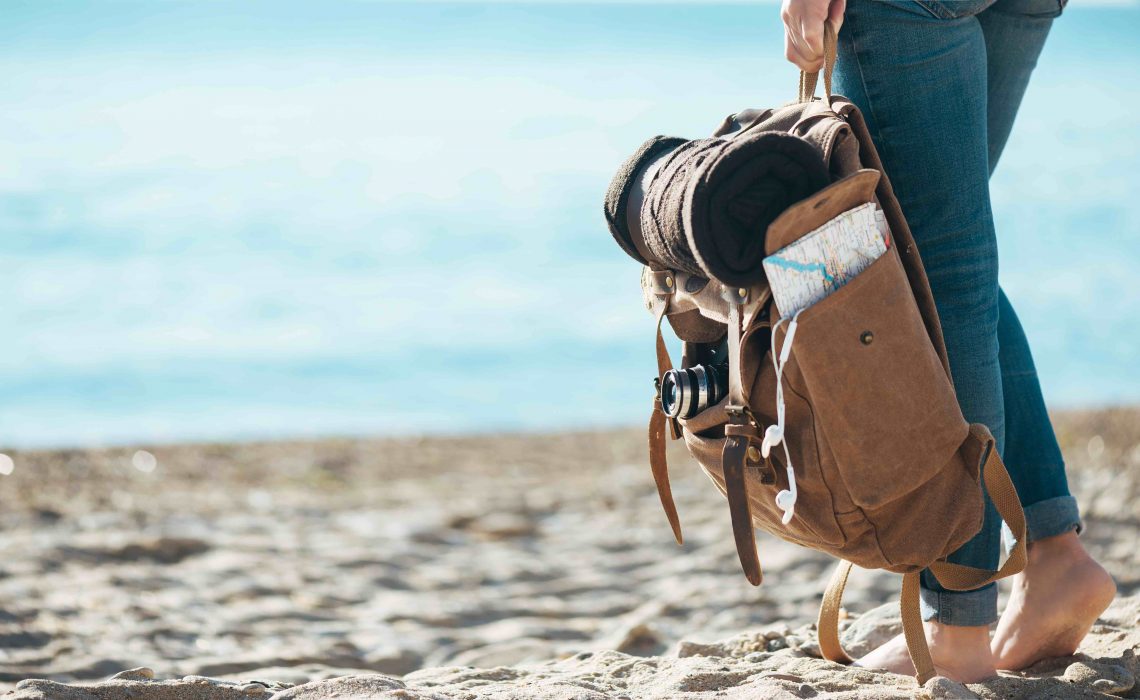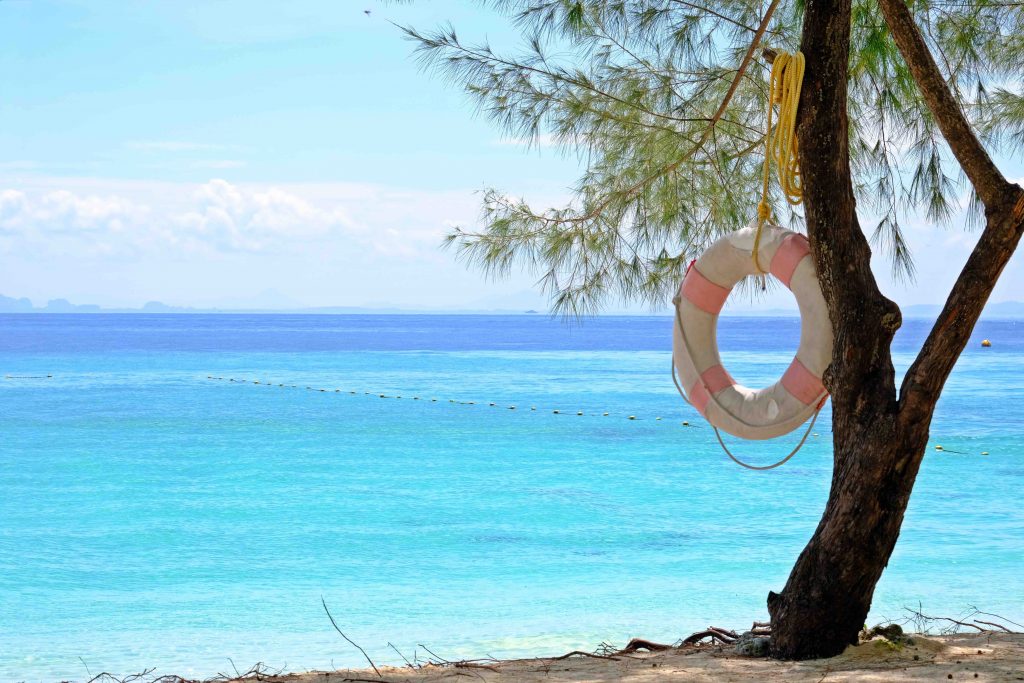
Travel is fun, but scary situations can happen.
Traveling is exciting! I would guess that 99% of the time, a trip will go as planned and, even if it doesn’t go perfectly, the experience will still be wonderful and fulfilling. However, some stressful things can happen while traveling such as illness, an accident, theft, security issues, or even political turmoil.
Most travelers are caught off guard when things take a turn for the worse, being unprepared for how to navigate the scary or stressful situation they are faced with. If you’re in your home country, dealing with a challenging or upsetting situation may be easier than if you are in a foreign country.

My scariest travel experiences.
Four stressful travel experiences have changed me profoundly. No, these experiences have not slowed down my wanderlust and I’m still an avid traveler. I do recognize the reality that travel isn’t always ‘ponies and rainbows’ and how quickly things can change.
When kids get sick abroad.
On two separate trips abroad, each of my kids got very sick and spent time in the emergency room. Both trips were in foreign countries where there was very little English spoken. My husband and I were struggling to understand the nurses and doctors and caught off-guard by the vastly different hospitals, medical systems, and procedures. One of the hospitals we visited was very run down with no soap, toilet seats or toilet paper in the washrooms. The other one was very modern, yet we could barely understand what was going on due to the language barrier.
Fortunately, in both countries, my children were treated appropriately and recovered fully from their illnesses. For me, I will never take medical care at home for granted again!
Traveling to a country where war erupts.
When I was a child, I was traveling abroad with my parents when a coup broke out in the country we were visiting. The government was overthrown by radicals and the entire country was on a curfew. People were looting, airport on lock-down and gunshots happening 24/7. The trip quickly went from being a fun-filled paradise vacation to a country in war. My parents were distraught and focused on getting us out of the country as soon as they could.
Thankfully, the Government of Canada sent flights to pick up Canadians, including my family, who were stranded in the country. Three decades later, the memory of this experience is still etched in my mind.
Getting sick on a cruise ship.
I had the unfortunate experience of needing medical attention on a cruise ship. Sadly, while we were at sea I started having a miscarriage. The cruise ship doctor was able to provide the medical attention I needed until we reached the next port where I was sent to the nearest specialist.
What I learned from this experience is that cruise ships are very well equipped for medical care and emergencies, however, when you are out at sea and something scary happens, you quickly become aware of how isolated you are from the comforts of civilization.

What I learned from my scary travel experiences.
Things can change in a heartbeat, and being a naive traveler is a huge disadvantage. Fortunately, there are things we all can do be a little less caught off-guard.
1. Be aware!
This seems like a no-brainer, but taking the first step of being aware that emergencies CAN happen while you are traveling is a massive step toward not being so naive when being away from home. Learn about the country you are visiting! There are many things online you can read such as their travel and tourism websites, local newspapers or even TripAdvisor.
2. Keep a list of medical facilities and contact information.
Do a Google search for medical facilities and hospitals near where you will be staying or along your travel route. Find out the emergency numbers (many foreign countries do not use 911 as we do in North America). Put these numbers in your phone or write them down and tuck them away safely in your luggage.
3. Record contact information for the Canadian Consulate, Travel Agent and Airline.
Should an emergency occur while you’re visiting a foreign country, you may require the assistance of Canadian Consular Services. Canada’s consular services provide updated information on safe travel abroad and 24/7 emergency assistance to Canadians. You should also find the contact information for the Embassy in the country you are visiting and keep it handy just in case. Be sure to have your travel agent and airline emergency contact info tucked away in a safe place too.
4. Always buy travel insurance.
Always, always and I mean ALWAYS buy travel insurance! If your workplace benefits plan offers travel insurance, double-check it to make sure you the best plan possible to cover large expenses such as the cost of hospitalization or medical evacuation.
5. Consider trip change, interruption and cancellation insurance.
If you are able to, buy travel cancellation insurance which will cover you for any changes or cancellations you are forced to make due to unforeseen circumstances. The likelihood of you needing to use it is rare, but it will save you a huge expense if you do need to change or cancel your trip.
The Best and Worst Travel Insurance Companies
6. Make sure your credit card has a high limit.
In many foreign medical systems, you are required to pay upfront before receiving medical care. Even if you have a good travel insurance policy, there could be instances that you don’t have time to make the call to the provider or there is a delay in funds coming through. By having a credit card with a high limit will ensure there are no delays in getting the medical attention required.
Aside from medical expenses, having a high limit credit card will ensure you are prepared to cover additional costs for any other unexpected expenses that come up.
7. Put a translation app on your phone.
If you are going to a country where you don’t speak the language, a translation app will come in handy. Simply install the app on your phone and you’ll be ready to go. Here is a great list of the best translation apps for travelers.



I got a lot of useful tips about stressful situation from this article. Thank you very much!
I have another article about stressful situation. Maybe you will be interested in it^_^
Learning The Skills of Parenting – WiserParenting